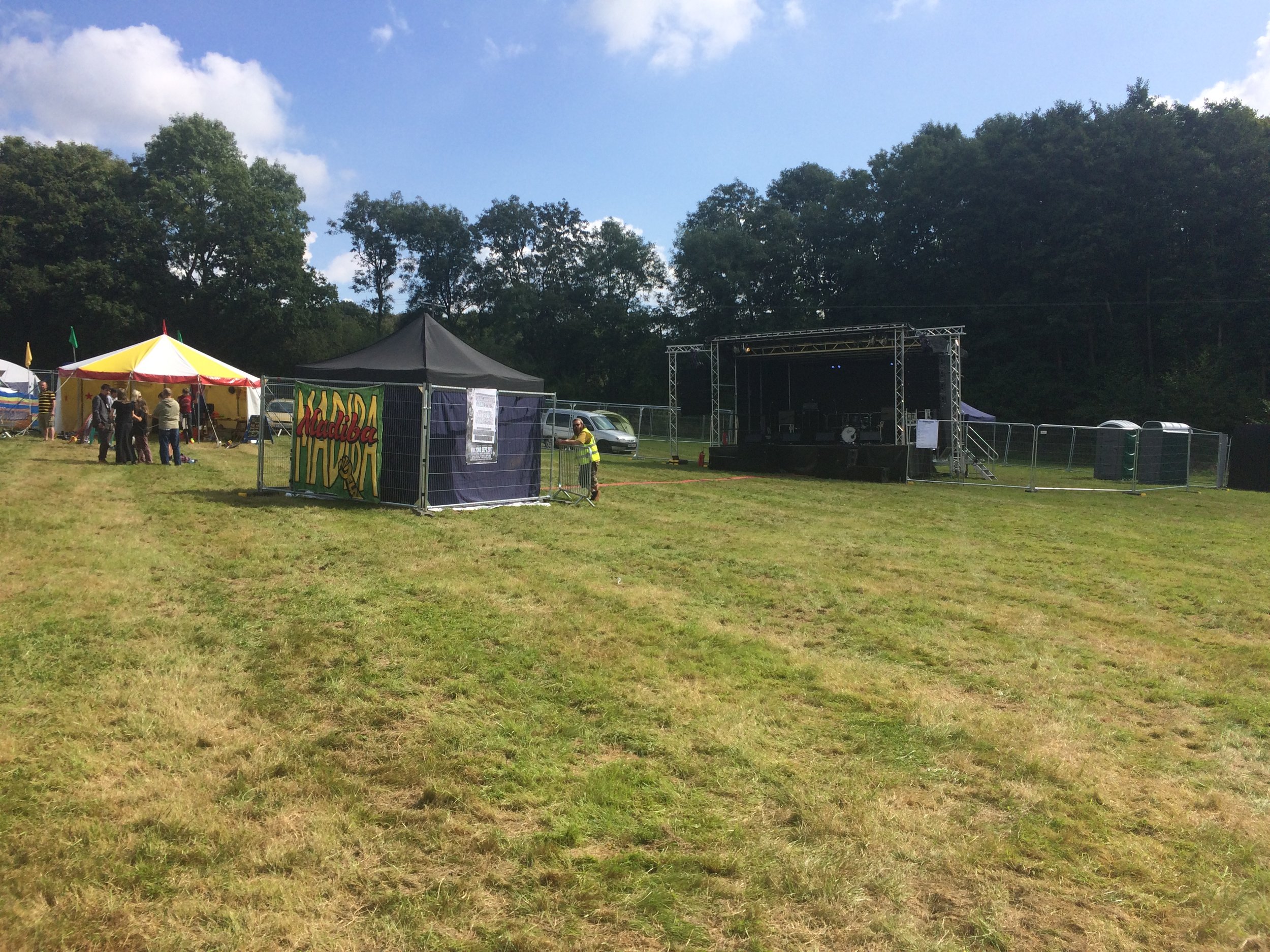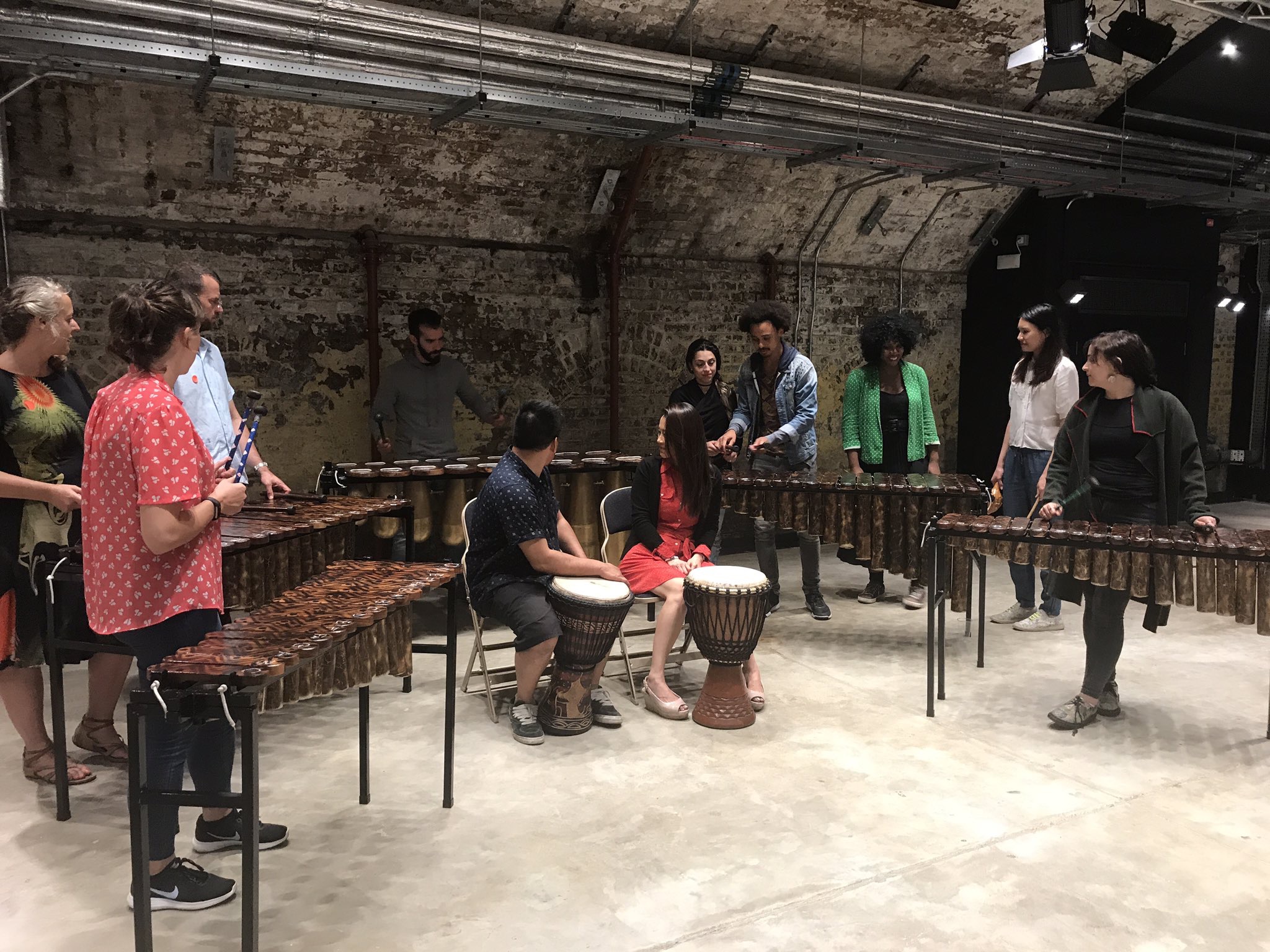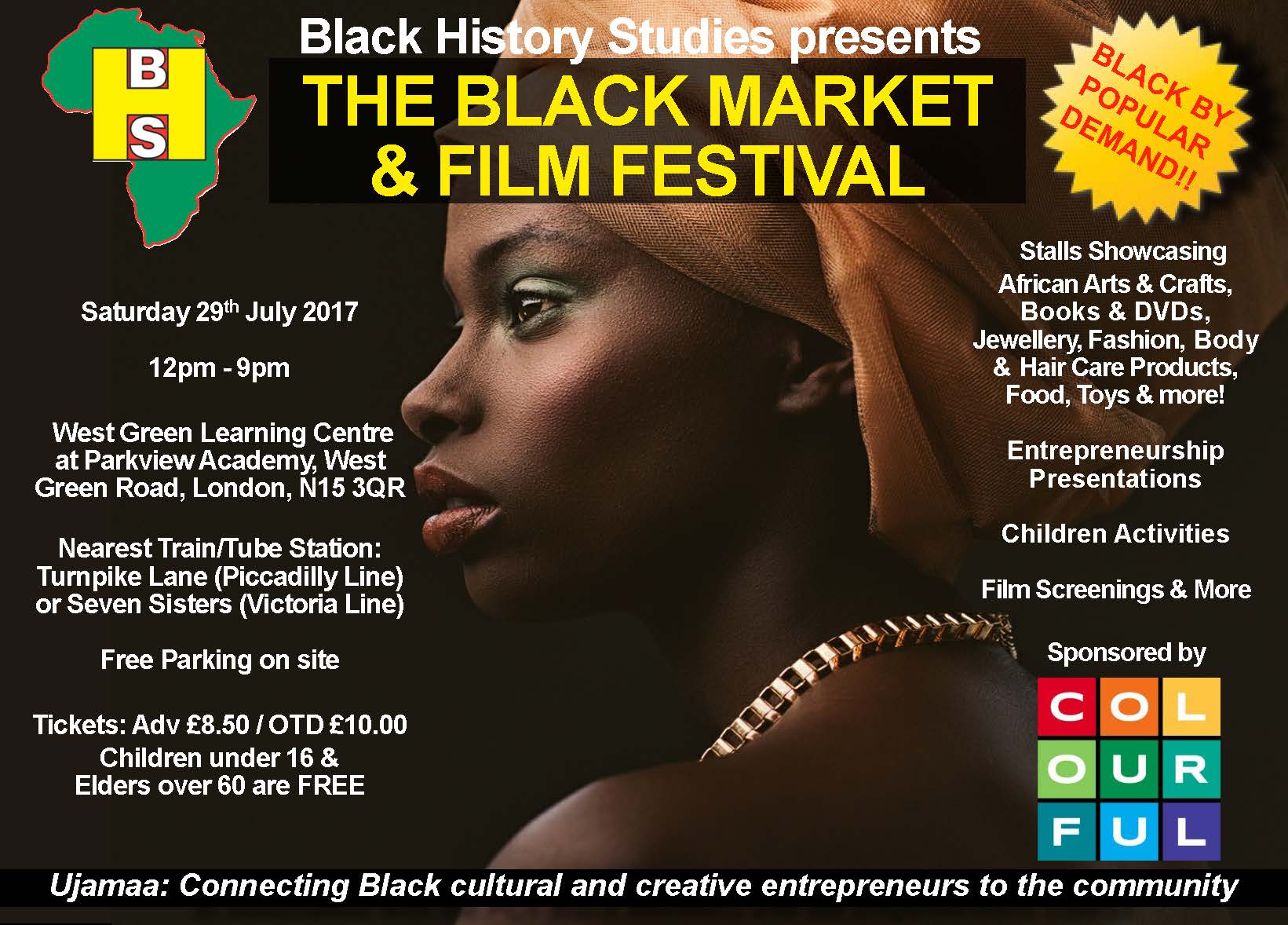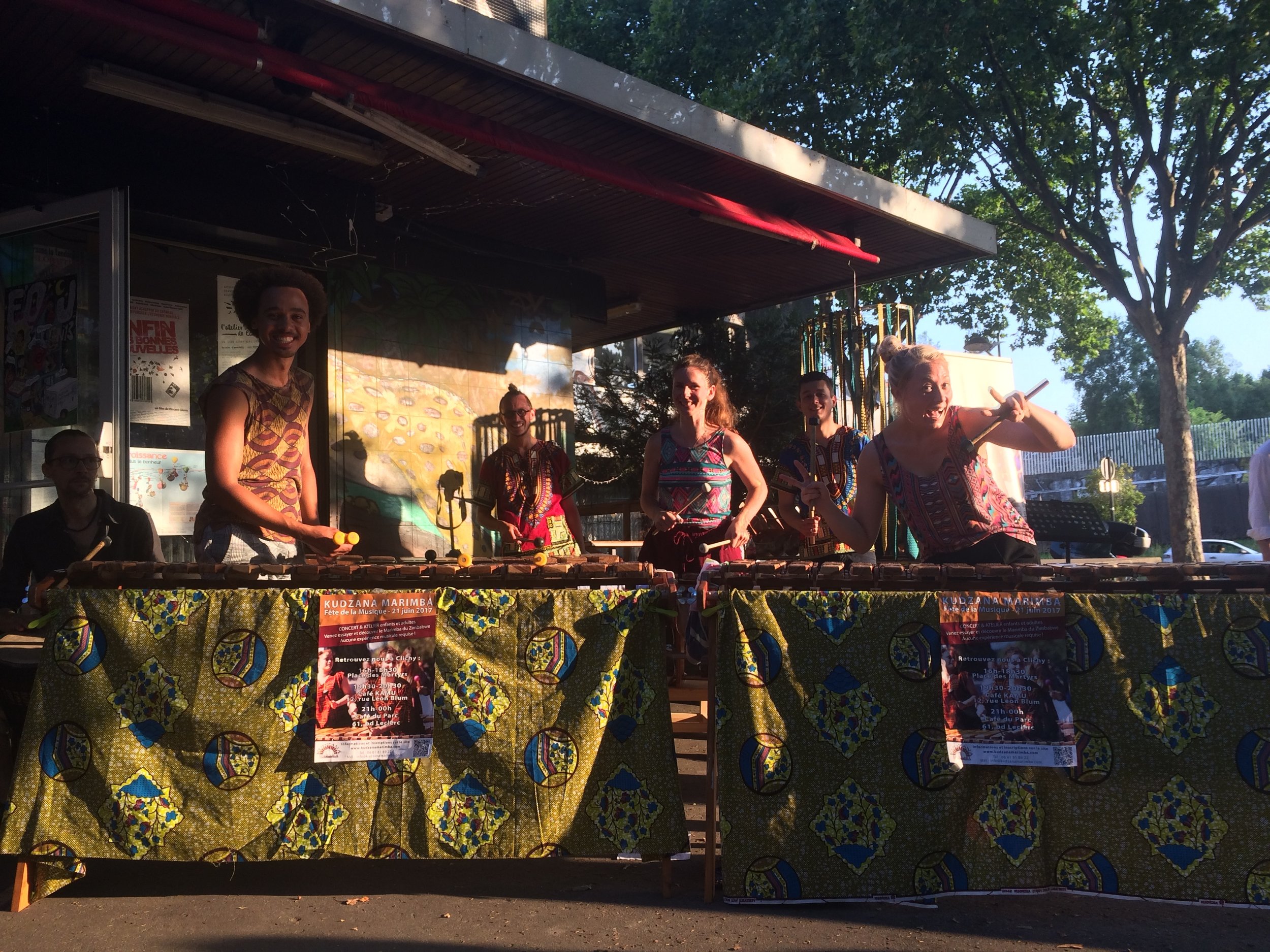One Love Festival
Summer's not over yet - and what a great way to spend one of the last hot Saturdays of the year performing at a festival!
The Madiba stage getting set up
Backstage
Soundcheck

Marimba & Mbira Music From Southern Africa
Otto Gumaelius is a London based, Botswana raised, performing artist & teacher of southern African folk music on the marimba.
Summer's not over yet - and what a great way to spend one of the last hot Saturdays of the year performing at a festival!

The Madiba stage getting set up

Backstage

Soundcheck

I didn't get to go to Nottinghill Carnival this year - but I had a great long weekend nonetheless performing in London and Cudham with my marimba band, and in Southampton at a wedding with the fantastic Zimbabwean dance company, Flame Lily Arts.

Performing on Saturday morning at Limehouse Basin Social Market

Saturday evening in Southampton performing at a wedding with Flame Lily Arts

We were the opening act at Cudham Show and Fete on bank holiday Monday
Last night was super, super cool! I got to explore Battersea with a lovely group of creative people. We wrote poetry, we explored movement through dance, and we learnt how to rap, all under the night sky! I held the last workshop and got to share some southern African folk music with the group. I taught them a song called Mhondoro, which comes from the Shona people of Zimbabwe, and got the group to explore southern African cultural expressions through marimba, drumming, hosho playing (shakers), clapping, singing and dancing.

I spent a lovely day at Kempton Park Racecourse giving marimba music workshops at this year's edition of ZimFest. The organisers did a stellar job putting on the festival - and the live music acts were all really good! Everyone was in great spirits and it was all round a fantastic day! A personal highlight was finally getting to see Jah Prayzah perform with his band! Great entertainers! Here are a few pictures as I was setting up for my workshops that morning!



Gandanga is a tune that was sung by the guerrilla combatants during the independence struggle from the illegal, racist government of Ian Smith, in what was then called Rhodesia. Songs like these would have been sung during the night time when the combatants sought refuge in the various villages. Very tongue-in-cheek, the combatants sing that they cannot be fed okra, because otherwise they will become ill or go insane. They of course want to be fed meat! After all, they are out fighting for the freedom of their people!
Some commentators draw parallels to modern day politics, where far too often political leaders think they are justified in their demands for things like huge pay cheques because they claim to be serving the people. Perhaps this is why Chiwoniso Maraire sang in her beautiful song Rebel Woman, "there will be no compensation, it was of your free will, that you stood on the front line. Rebel woman, these are the rules of war. Remember that you fought for your people, and all the freedom's been hard won, it's been so hard won. But as you weep rebel woman, remember you were strong".
It's a reminder of the harsh reality that when you stand up and fight for what you believe in, your ultimate reward lies in what you achieve for your people, rather than what your people will give you in return.
Gandanga haridye derere (Freedom fighters don't eat okra)
Mukoma rinorwara (Brother, it would make them ill)
Gandanga haridye derere (Freedom fighters don't eat okra)
Mukoma rinopenga (Brother, it would make them crazy)
Otto and The Mutapa Calling is a lively London based marimba band playing energetic, joyful music from Botswana, South Africa and Zimbabwe, including folk songs, original songs and popular southern African covers. The band's set-up includes soprano, tenor and baritone marimbas, mbira, hosho, drumming and singing, with both traditional and contemporary dances. The marimba band’s sound is full of energy and pulsating rhythms - and the band’s music shares the rich cultures, histories and stories of the people of southern Africa.
www.ottogumaelius.com
Like us on Facebook
Follow us on Instagram
Listen to us on Spotify
Watch us on YouTube
I had the pleasure of holding workshops at the Black Market & Film Festival in Tottenham. Here are a few pictures and videos from the day.



Congratulations to Louisa & Batsetswe on their union! It was a great pleasure entertaining their guests up in Chesterfield last night, and getting to share a few wedding songs from Botswana!

The Southbank is home to one of the greatest African festivals London has to offer - Africa Utopia! It's always a marvelous weekend of all things Africa - from food to fashion!
This year I had the great honour of getting to share my music at Africa Utopia. We performed a 45 minute set of marimba songs on the Sounds Under the Bridge stage. I went along with two of my Wednesday evening students, Susannah and Graham, who played on tenor and baritone marimba respectively, and my niece Sophia on drumkit.

Our set was made up of Shona and Tswana folk songs, as well as some of my own songs, such as Kenekelekae (Where Was I), and the music went down a treat. Here's a short clip of our final song of our set, Taive Gumi ne Vaviri (We Were Twelve).
The 21st of June is World Music Day - and it's a day that's spectacularly celebrated in Paris as musicians flood the streets to share their music with the city. In France, the day goes by the name Fête de la Musique, and this year it was an absolute pleasure to join forces with ex Zimba Marimba Band musician, Fredrik Andersson, who has set up a marimba business in Paris called Kudzana Marimba. Anna Wolanska and Sophie Nilsson, also former Zimba Marimba Band members, came over as well from Sweden, and together we refreshed and revitalised all the old songs we used to play.
On the Wednesday of Fête de la Musique we did a total of three performance-workshop slots; all in the bustling Parisian suburb of Clichy. Our first slot was at Place des Martyrs, where we got to share our music with many young children who were eager to try it out themselves.

Marimba workshops with the young children of Clichy
We then packed up and headed to Café KAMU, where we did an hour slot and a short workshop, which at one point had to be paused as we came under attack by an onslaught of water guns! The cool water being squirted into the air would have otherwise been a lovely carefree moment, had we not had wooden instruments in front of us which are sensitive to water! But after a few quick wipe downs we were back on track!

Performing at Café KAMU
After our brief stop over at Café KAMU, we packed up and headed to our final stop for the day where we played our final set outside Café du Parc. We managed to draw quite a large crowd and everyone seemed to enjoy our southern African music!

Final workshop for the day outside Café du Parc!
We played a total of 7 hours and were quite glad to get home after an otherwise very successful day! We took it easy over the next two days and did a bit of sightseeing and hanging out. On our last night together in Paris we did one more show, at Le Coq Noir, a lovely African restaurant in Clichy.

Delicious dinner at Le Coq Noir before our final performance
Below you can see a short video of our set up at Le Coq Noir. In the video, we're performing Gandanga, a song from Zimbabwe about the freedom fighters of the independence struggle.
Our show at Le Coq Noir was the perfect end to a lovely week in Paris! Hopefully we'll be back next year to share more southern African marimba music!
For more information about marimba workshops in Paris, visit www.kudzanamarimba.com
I've just returned from a small town called Nesbyen in the Norwegian mountains with my colleague Beatrice Muzenda. We traveled there to collaborate on a music performance with Jimu Makurumbandi and his band, Dandemutande, at the final show of Kulturkrydde in Gol.
It has been quite an interesting week, mostly because it was the first time seeing a southern African musician take on the Kora, a west African instrument, and adapt some of our folk songs to it. Jimu's philosophy questions why we as Africans think that outside of our own cultures, it's only ever western / classical instruments we can learn. Why not learn another African instrument? I found this incredibly interesting - and it surely was a treat to be apart of his show.
We spent several focused, but relaxed, days preparing the repertoire before finally doing a full run through on the Sunday in preparation for the big show on Monday evening. We sang a mix of Shona folk songs as well as Jimu's own music. There was acapella singing, mbira, kora, marimba and drumming - and the audience seemed to thoroughly enjoy our performance.
Apart from the beautiful music we got to be a part of, the clean air and beautiful mountains were also an absolute treat! We went hiking up one of the mountains one evening, and didn't get back home till about 1am - at which point it still wasn't completely dark!
Norway was a really great experience and I look forward to my next visit!

Posing for a picture with the band after the show

Our stage set up at the concert

We saw a field with lamas on our way to the airport and had to stop for a picture!
The late Miriam Makeba blessed the world with so many beautiful songs. One of our all time favourites is Pata Pata, which we performed last night at Juju's Bar & Stage, with the lovely Tsungai Tsikirai on lead vocals.
Pata Pata is sung in isiXhosa, one of the 11 official languages of South Africa, and the title means "Touch Touch". The song was originally recorded in South Africa in 1957 but was only released in 1967 whilst Miriam Makeba was living in exile in the United States of America.
The original lyrics in isiXhosa are as follows (with a rough explanation in English in brackets):
Saguquka sathi 'bheka' (As we danced we said "Look!")
Nants’ iPata Pata (It's the Pata Pata)
Saguquka sathi 'bheka' (As we danced we said "Look!")
Nants’ iPata Pata (It's the Pata Pata)
Yiyo mama, yiyo mama (This one, mama; This one, mama)
Nants’ iPata Pata (It's the Pata Pata)
Yiyo mama, yiyo mama (This one, mama; This one, mama)
Nants’ iPata Pata (It's the Pata Pata)
Pata Pata is the name of the dance
We do down Johannesburg way
And everybody starts to move
As soon as Pata Pata starts to play
Saguquka sathi 'bheka' (As we danced we said "Look!")
Nants’ iPata Pata (It's the Pata Pata)
Saguquka sathi 'bheka' (As we danced we said "Look!")
Nants’ iPata Pata (It's the Pata Pata)
iyo mama, yiyo mama (This one, mama; This one, mama)
Nants’ iPata Pata (It's the Pata Pata)
Yiyo mama, yiyo mama (This one, mama; This one, mama)
Nants’ iPata Pata (It's the Pata Pata)
Every Friday and Saturday Night
It's Pata Pata time
The dance keeps going all night long
Til' the morning sun begins to shine
We are a rhythmic world-music African marimba band, based in the United Kingdom, playing folk music from Zimbabwe, South Africa and Botswana.
We are available for hire for all types of private and corporate events, including weddings, private parties, fundraisers, charity events, business networking events, conferences, festivals and concerts. Workshops are also available in marimba, mbira, drumming, singing, and African dance.
For bookings and enquiries, contact us on +44 (0)751 550 8934.
What a weekend it's been working with lovely young musicians from Sweden, Norway, Iceland and England - and working alongside a wonderful teaching team of African cultural arts practitioners from Zimbabwe, Tanzania, South Africa, Guinea, The Gambia, France and Sweden! I've returned to London with a thoroughly nourished soul after all the beautiful music and dancing!
The camp started off on Friday afternoon with a round of workshops, before we all gathered in the main concert hall for an evening of live music led by the workshops teachers. There was mbira music, sabar drumming, kora and of course, marimba.
The camp then continued on Saturday morning with a full two days of workshops. Below you can see a picture of where I was doing my teaching.

My shared office with Erik Noresson for the weekend
We had a lovely two days and worked with a total of 8 groups - ranging from young children to young adults. Below you can see a clip of one of the songs I taught to the group from Iceland.
One of the songs I taught was Silang Mabele - a folk song from Botswana.
On Sunday afternoon, all the student groups got to share some of what they had learnt over the weekend. The oldest group closed the concert with a lovely Mhande-rhythm song from Zimbabwe called Cheke. It's an mbira song arranged by Jacob Mafuleni for the marimba, and the song is about crossing the river.
For more information about marimba workshops, camps and performances in Sweden, visit: www.zimbamarimbaband.com

Prior to industrialisation in southern Africa, the Ndebele people of Zimbabwe sustained themselves through farming, hunting and livestock herding. This changed drastically at the turn of the 20th century after their defeat in the Anglo-Ndebele war, which as a result, brought on the introduction of various colonial taxes which the indigenous people had to pay.
Many people, almost entirely men, had to leave their homes in search of formal work to earn an income. According to Russell Kaschula, the economy of Zimbabwe (Southern Rhodesia at the time), was unable to absorb all its labour force, resulting in people having to illegally cross into South Africa to seek work in the mines there.
Their journey was symbolised by the dangerous crossing of the river Limpopo - and song, as is common in African culture, was used to communicate and preserve this piece of history.
The song, Sayiwela, was composed and its title translates to "We Are Crossing" - referring to the crossing of the Limpopo river into South Africa.
The lyrics for Sayiwela are:
Sayiwela, sayiwela (We crossed over, we crossed over)
Sayiwela sibili (We really crossed over)
Sayiwela Ingulukudela (We crossed the Limpopo River)
Siyofuna imali (To look for money)
Baphina obaba? (Where are the fathers?)
Basemazulwini (They are in heaven!)
Basitshiyel'indubeko (They left us problems)
Indubeko zomhlaba (These earthly difficulties)
Baphina okhokho? (Where are the ancesters?)
Basemazulwini (They are in heaven!)
Basitshiyel'indubeko (They left us problems)
Indubeko zomhlaba (These earthly difficulties)
Here's a short clip of my own marimba version of the song:
And here's the released version by Lovemore Majaivana:
To learn songs like this, join my weekly class in Bethnal Green. Find out more here. Private bookings and performances are also available. Feel free to get in touch today!
All roads lead to the south of Sweden at the end of April for Zimba Marimba International Marimba Camp. It's going to be a stunning weekend of African music workshops in marimba, mbira, drumming, singing and dancing - with a fantastic line up of musicians and teachers from Zimbabwe, The Gambia, Tanzania and South Africa. This year the camp will attract keen participants from Sweden, Norway, Iceland and the UK.
Come shake off the midweek blues by joining my African marimba music classes running every Wednesday at 6pm at Saint Peter's North Community Centre, 1 Marian Place, E2 9AX. £10 gets you in. Advance booking essential.
You will learn folk songs from Botswana, South Africa and Zimbabwe, along with popular covers and marimba compositions by leading pioneers of the instrument. We'll do a bit of singing and dancing as well for those who are keen.
Read more about the marimba of southern Africa here.
To read more about me and my background, have a look here.
Book your place via my website, here. Advance booking essential.


Last year our marimba duo had the honour of being part of the world premier of Shabnam Shabazi's performance installation, Terra Nullius, commissioned by Spill for The Spill Festival of Performance - an international festival of live art, activism and performance presenting the work of exceptional artists from around the globe.
Here's a lovely video by the Pacitti Company showing highlights from the evening.
I'm teaching African marimba and mbira music classes every Wednesday at Saint Peter's North Community Centre in Hackney.
The African marimba builds on the percussive element of the African drum by adding harmonious melodic expression. Using soprano, tenor and baritone marimbas to build an ensemble, participants get the wonderful opportunity to learn, play and create wonderful rhythms and melodies as a marimba band, and have a great time whilst doing so.
Come along and shake off the midweek winter blues to the warm sounds of southern Africa!
Marimba: 6-7:30pm
Mbira: 7:30-8:30pm
Text 07515508934 to book your place. Advance booking required. Classes cost £10.
See you on Wednesday!
Address:
1st Floor
Saint Peter's North Community Centre
1 Marian Place, E2 9AX
More info:
CHIMOIO is a lively, upbeat London based southern African fusion band playing original music with distinct cultural roots in Botswana and Zimbabwe.
We sing in English, Setswana and Chishona.
Using the marimba and mbira at the core of our music, we link our cultural past with the present, and project our hopes and aspirations for a greater world. We aim to spread joy and make people think, smile and dance.
Contact us today to make a booking.